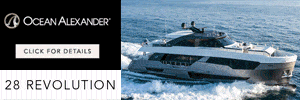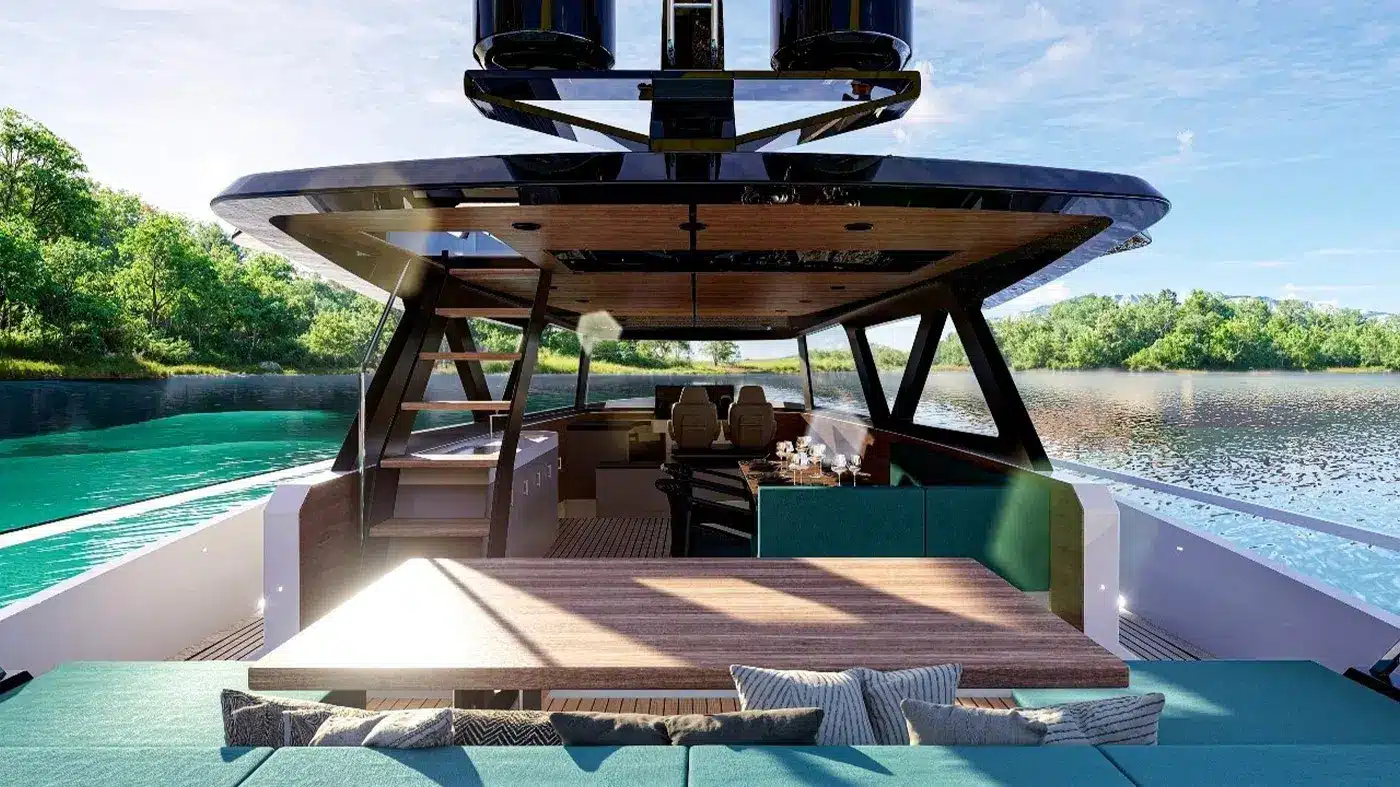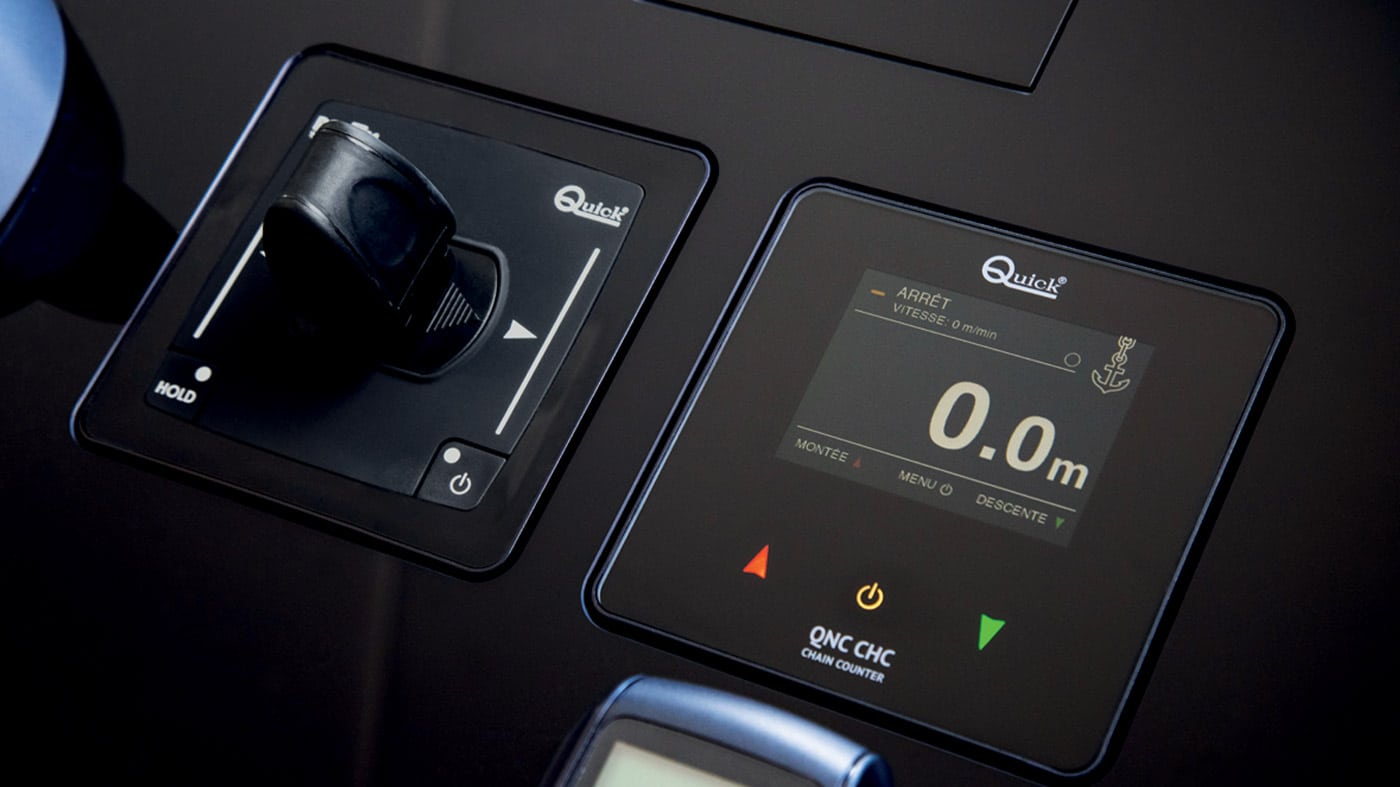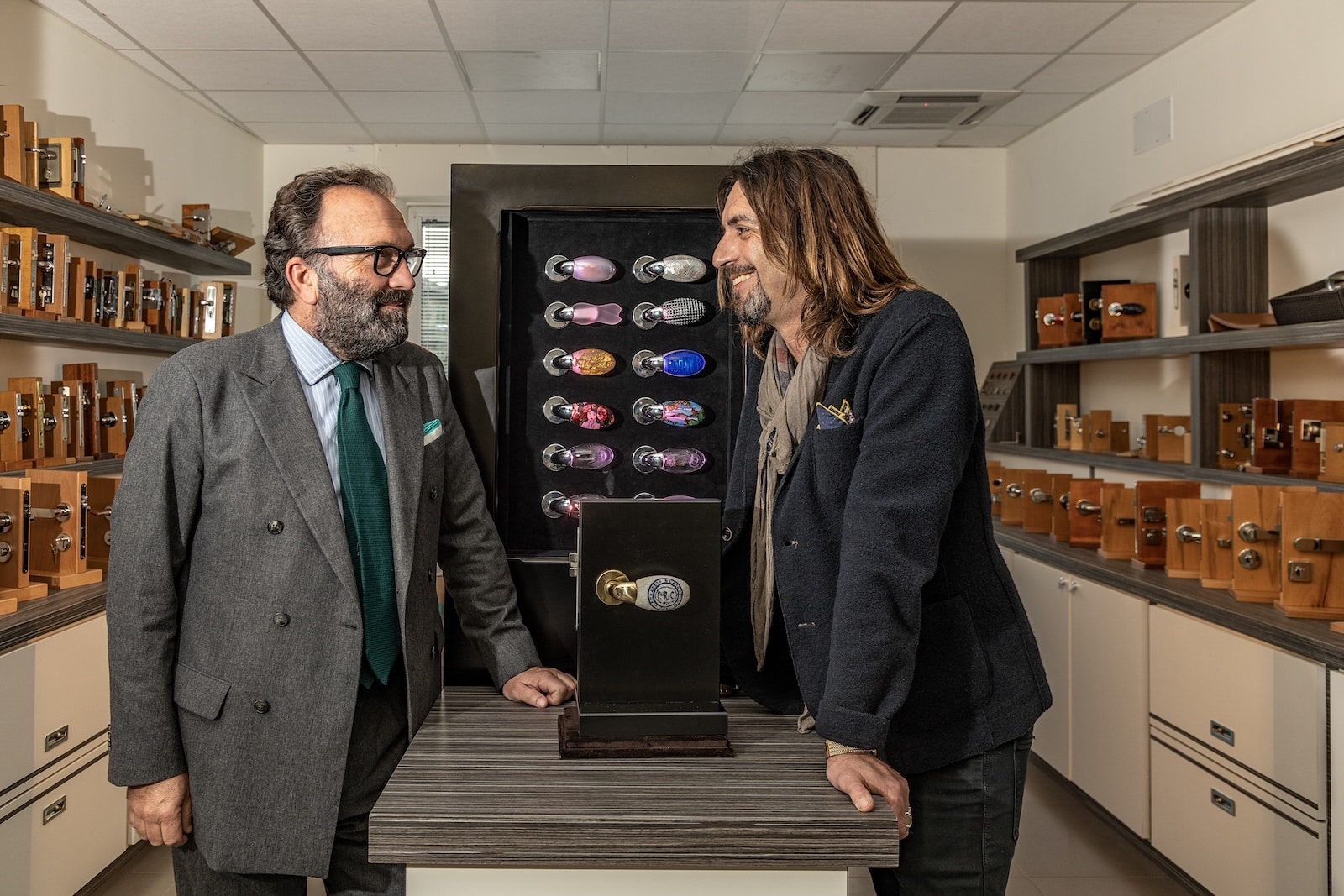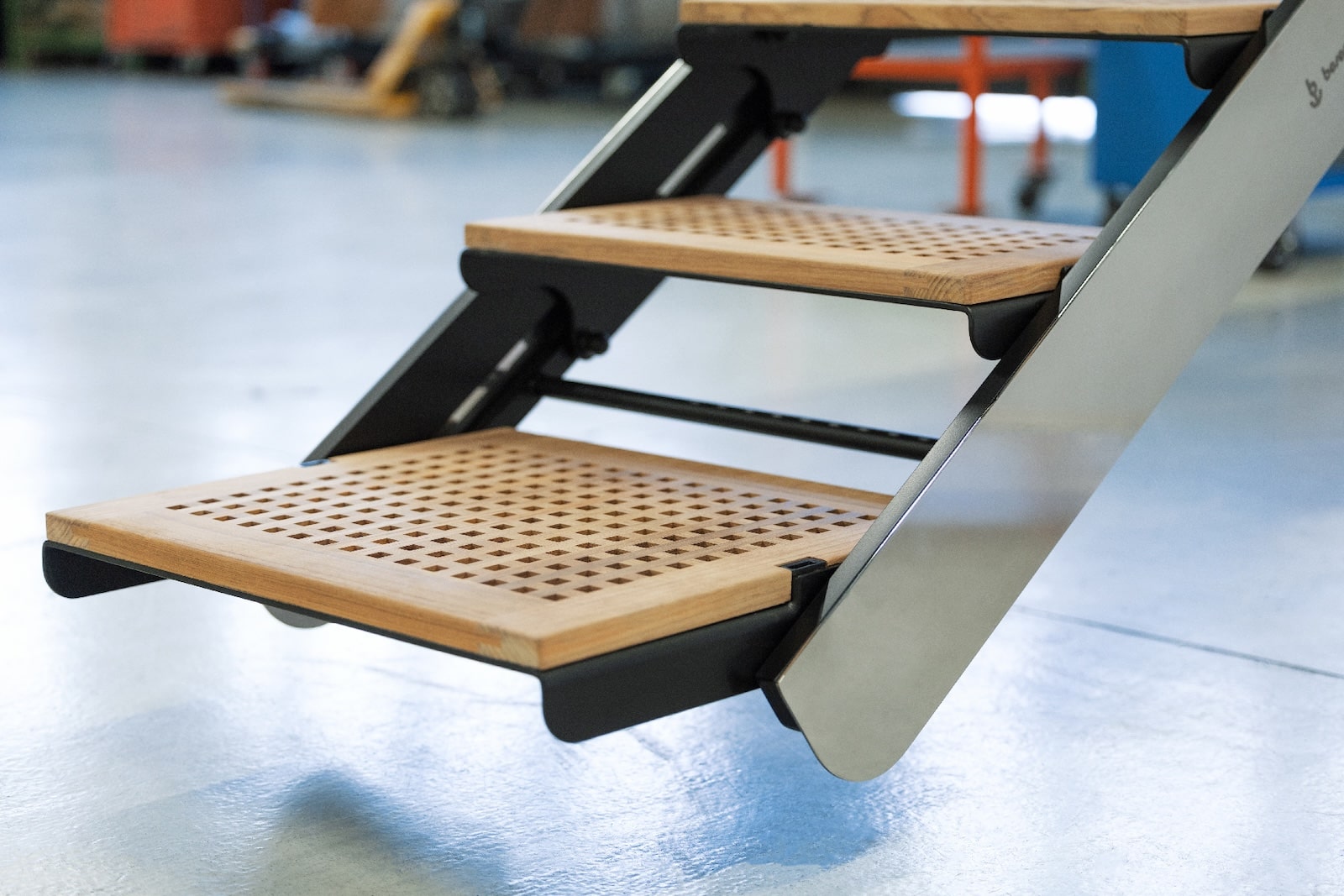Everyone knows them for the same-named anticyclone but only few people know where they are. We’re talking about the Azores, an archipelago of nine volcanic islands in the middle of the North Atlantic Ocean, about 930 miles from Lisbon.

If you want to cruise to them directly from Portugal, the country which the archipelago belongs to, you should be a highly experienced sailor, accustomed to long-distance crossings.
If, instead, you are not ready to face the demanding waters of the ocean and you prefer to explore the Azores only after having landed at the airport of Sao Miguel, the largest island of the archipelago where most of international flights are operated, here is an itinerary that will make you discover one of the world’s most fascinating archipelagos by sea.
It’s an authentic natural paradise, a destination where weather is mild throughout the year, with constant high thermal pressure. After all, who has never heard of the Azores anticyclone? How many people, however, can point them out on a map?
Nine green spots in the blue ocean
The starting point is the port of Ponta Delgada, the capital of Sao Miguel Island, also known as “green island” for its large expanses of grass, lush fields and tropical forests that give a sense of peace and freedom.
 In the primitive scenario of the hinterland (don’s miss the famous volcanic lake of Lagoa do Fogo) rises the coastal town of Ponta Delgada, the economic, political and cultural beating heart of the Azores.
In the primitive scenario of the hinterland (don’s miss the famous volcanic lake of Lagoa do Fogo) rises the coastal town of Ponta Delgada, the economic, political and cultural beating heart of the Azores.
A cosmopolitan and touristically lively city, it offers a wonderful promenade, perfect for a relaxing walk before casting off and heading south to Santa Maria Island, about 60 miles away.
Also known as “yellow island” or “the island of the sun“, Santa Maria is undoubtedly one of the most picturesque islands of the Portuguese archipelago, thanks to its wonderful beaches and enchanting bays where you can drop the anchor in total safety.
Santa Maria is a floating color palette where the white the houses, the green of the vegetation, the golden sand and the basalt of the volcanic stones give life to a real spectacle of nature.
Heading north and sailing along the western side of Sao Miguel for a total of around 186 miles, you can get Terceira Island.
So called because it is the third island discovered in chronological order, Terceira represents a mix between pristine nature and urban architecture of great artistic originality; not surprisingly, the historic center of the city of Angra do Heroísmo, the capital of the island, is a Unesco World Heritage Site.

You can drop the anchor in the bay of Praia da Vitória which, wide and sheltered from the wind, is the ideal starting point for an excursion by sailboat or RIB. Offshore, if you’re lucky, you might spot dolphins and whales splashing around freely in the Atlantic.
The Island of Sao Jorge, with its particular shape of a dragon lying on the sea, is less than an hour of navigation from Terceira. There, large vast green meadows flow directly onto the ocean, interrupted only by cliffs made of lava consolidated over millennia.
Opposite Terceira raises Pico, the second largest island of the archipelago and the most volcanic one (for this reason it is called “gray island”), at the center of which rises the Montanha do Pico which, with its 2,350 meters, is the highest mountain in Portugal.
The coastal town of Madalena houses numerous diving sites. Don’t miss an excursion to the famous Grotta das Torres.
Yachts destinations: Azores, a journey into the most remote nature
Less than 4 miles away raises Faial, with its gorgeous beeches and hydrangeas. It is the most populated of the Azores islands. The main town is Horta, which offers a well-equipped marina with good protection from all winds.
 The main natural attraction is the Capelinhos Volcano, one of the few volcanoes still active on the Azores, whose last eruption dates back to 1957.
The main natural attraction is the Capelinhos Volcano, one of the few volcanoes still active on the Azores, whose last eruption dates back to 1957.
The other three islands of the archipelago are located to the North. In this area, Atlantic currents become more vigorous, therefore we suggest to undertake the journey only in favorable weather conditions.
 Graciosa Island is completely flat and, among the lush grasslands, stone windmills with red roofs spring up here and there.
Graciosa Island is completely flat and, among the lush grasslands, stone windmills with red roofs spring up here and there.
Rich in thermal springs, Graciosa jealously guards the Furna do Enxofre, a gallery that leads inside a large cave with an underground lake of sulphurous water. In this picturesque island, the most particular village is Santa Cruz, where you can taste excellent dishes based on fish and exotic fruits.
Flores Island, instead, is very small and you can circumnavigate it in a couple of hours. You can start from the Arch of Santa Cruz das Flores, passing through the Gruta dos Enxaréus and Gruta do Galo, and explore caves and coves visible only by sea.
In the heart of the island, you can admire the Ribeira do Ferreiro waterfalls. Flores is locally known as “little Ireland” because of its florid and intense green vegetation.
 Finally, Corvo Island is very small and parsely populated. Trekking enthusiasts have known them only since 2007, when the island was declared a UNESCO Biosphere Reserve.
Finally, Corvo Island is very small and parsely populated. Trekking enthusiasts have known them only since 2007, when the island was declared a UNESCO Biosphere Reserve.
From Mount Morra da Homens a spectacular panorama opens onto the volcanic lake that fills the crater. The only village on the island is Vila do Corvo, which is located near the port from which maritime connections with Flores depart.
Among boat itineraries, the Azores archipelago represents a niche destination. That’s why we highly recommend it: you will return with nature in your eyes and the ocean in your heart.
Superyachts.News is a The International Yachting Media publication.



